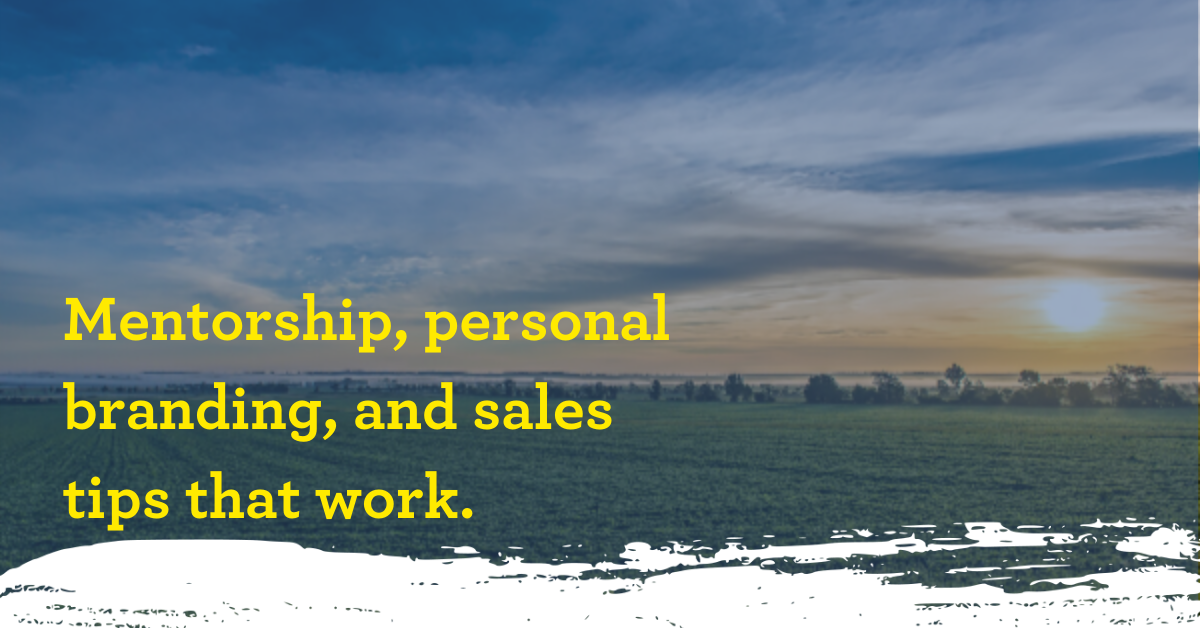As I celebrate five years as CEO at Brokers International, I’ve been reflecting on how I got here. I hope some of the lessons I’ve learned along the way about sales and marketing, recruiting, and the value of this lifelong career, helps others.
Getting started in the insurance business.
I got my start in the insurance business. My father was an insurance agent, so from a very young age I knew what my dad did for a living, that he went on appointments and that he set his own schedule. After a few years of working as a stock broker, I realized I wanted to help people navigate their financial roadmap. I’ll never forget the first few weeks of selling insurance. I launched with ‘Project 100’, which was a list 100 of your friends, family, neighbors, or anyone that you could possibly call on to do a financial review. That was my lead book and that’s how I started the business.
If you do good work, people will refer you over time.
One of the milestones I distinctly remember is the first time I got a referral. It was someone that I didn’t know who I had previously sold a policy to, and they had referred me to a contact of theirs. That was a huge milestone for me because it felt like “Wow, the system actually does work.” After 7 years on the retail side of the business, I moved to wholesale internally. I was fortunate enough to be inside a marketing department of an insurance company (ING), and it was there I started to learn about product and marketing from the carrier perspective.
In my first roles, I gained insight into the distribution channels that are inside the insurance business, including banking, wirehouses and independent or agency system. Today at Brokers International, we are affiliated with agents from all of these channels.
Building a career today in the financial industry — mentorship and more.
Let’s talk about the recruiting in the industry. The last stat I read was that the average age of an insurance agent was over 59 and in large part this is still a male-dominated industry. Historically, the main carriers that were recruiting were the career agencies, and that’s how the industry got fed. We are now seeing a drop in the number of new agents entering the business and I think over the next 5–10 years there will be a big push towards recruiting.
It is getting harder and harder to prospect. The days of cold calling are almost over, so it’s either knocking door-to-door, and/or marketing yourself through digital communications and social media.
Mentorship is a big influence is helping people join and thrive in this profession. I have had the opportunity of not only being a mentor, but also being a mentee. It has been successful when it’s been very structured, with an agenda. Unfortunately, unless they’re managed well, over time mentoring relationships end up petering out because people either aren’t invested in it, or they’re not seeing the value. But, if they are done right, these types of relationships can be invaluable.
In today’s world your personal brand follows you everywhere. So what is your brand and what do you want it to stand for?
Most people don’t believe they have a personal brand. When you say brand that they think of a logo or a tagline. But if I were to ask you, “What is Nike’s brand?” You might say, “The swoosh, or Just Do It.” So the number one question I ask most people, specifically agents, is, “What do you think your brand is? What do people say about you at the water cooler?” And if you don’t know, ask your friends and family, whoever will be truthful with you, about what they think your brand is. Especially in this business, because it is still very personal and based on relationships, it’s about what you do, and what you stand for, and what you say, and how you present yourself.
Sales tips that work: They hoped you would call, but in the meantime they bought from someone else.
I think one of the weakest links in the sales process for most agents is follow-up. As a salesperson, we make assumptions about our customers and act on those assumptions without asking people what they need or want. I know every agent has that customer or prospect that they do not call, because of assumptions such as, “Oh, I shouldn’t call them. They don’t want to hear from me. I just sold them something.” So they don’t call them. I will submit to you that if you don’t call your customers, someone else will.
And I hear it time and time again: “I called them, and they were actually waiting for me to call.” OR “They had hoped I’d call, but in the meantime they bought from someone else.”
I tell every single producer: “If you have a commute of more than five or eight minutes, write down two or three phone numbers, program it in your phone, call your existing clientele that haven’t heard from you in a year or a few years. If you make two or three calls a day, on your ride to and from work, you’ll contact your entire prospect or client database.
And if you said nothing other than, “Ms. Smith, I need to apologize, it’s been a while since we spoke. I would love to sit down with you for 30 minutes on Thursday, or Friday, to discuss some of the things I do in my practice that were different than they were a few years ago.” you’ll see results. If you make that call 10 times a week, I promise you’ll get one or two appointments. I think that is missing in the industry. It’s one of the biggest mistakes people have, is not keeping in touch with either people that they’ve sold to or people that they’ve contacted as prospects.

